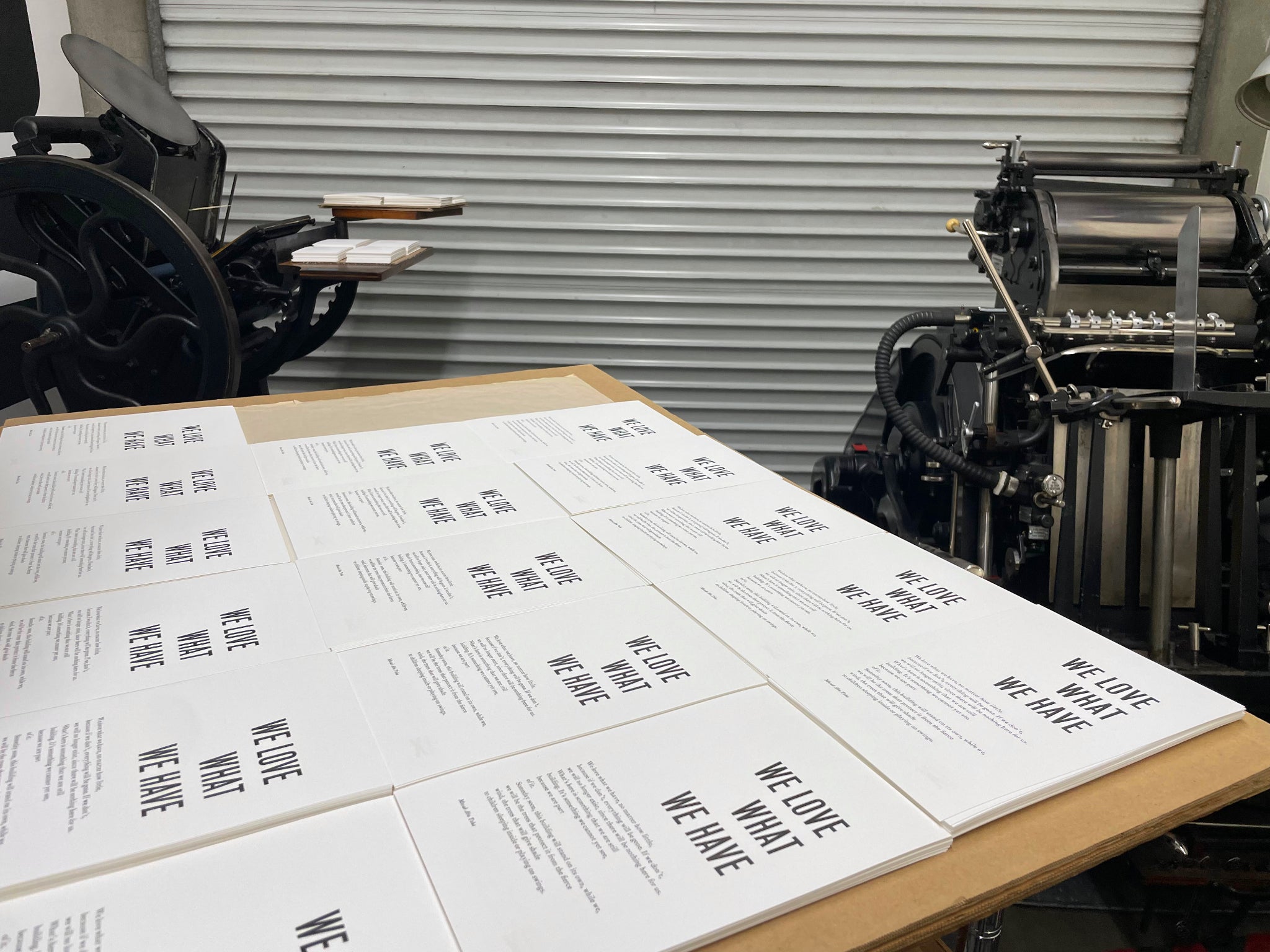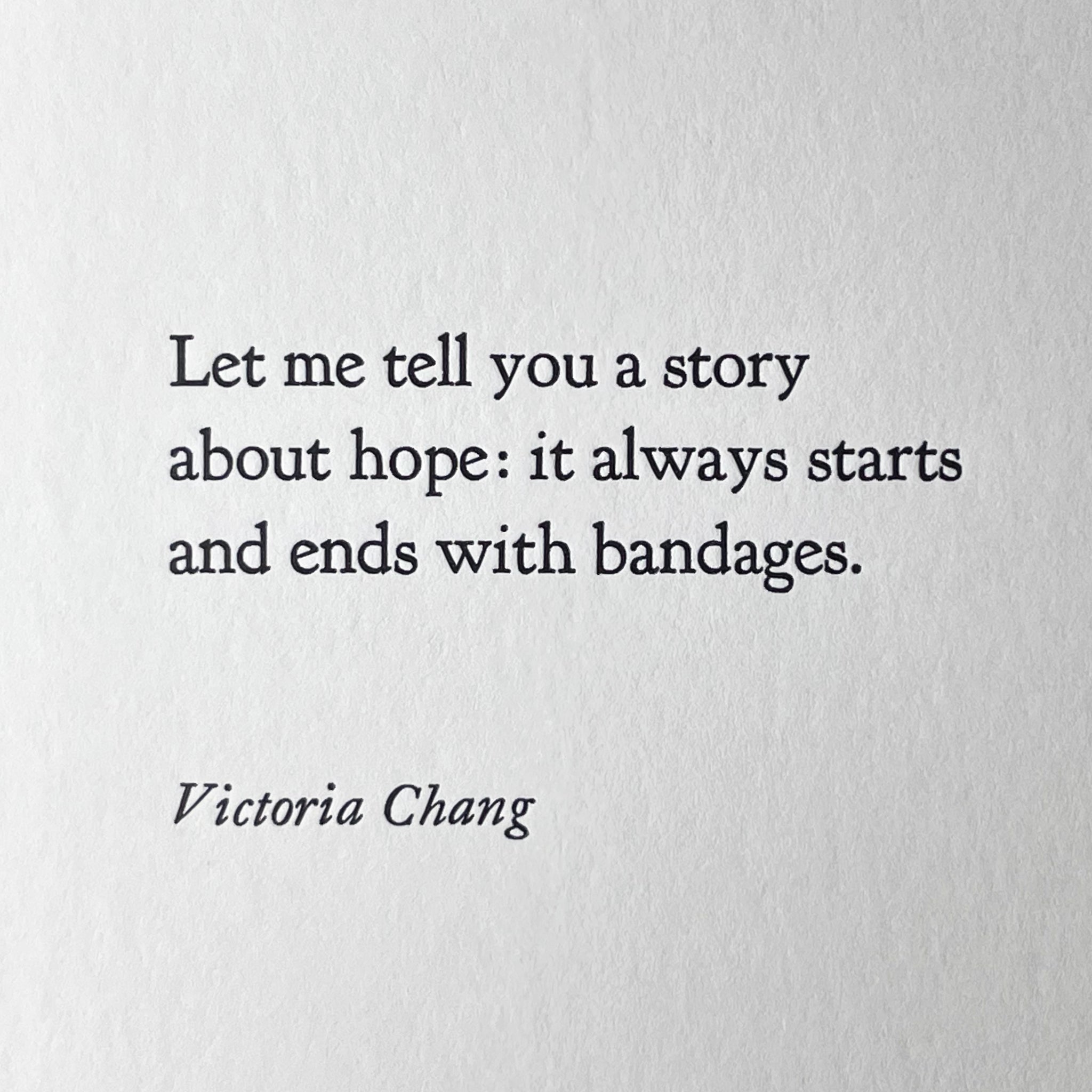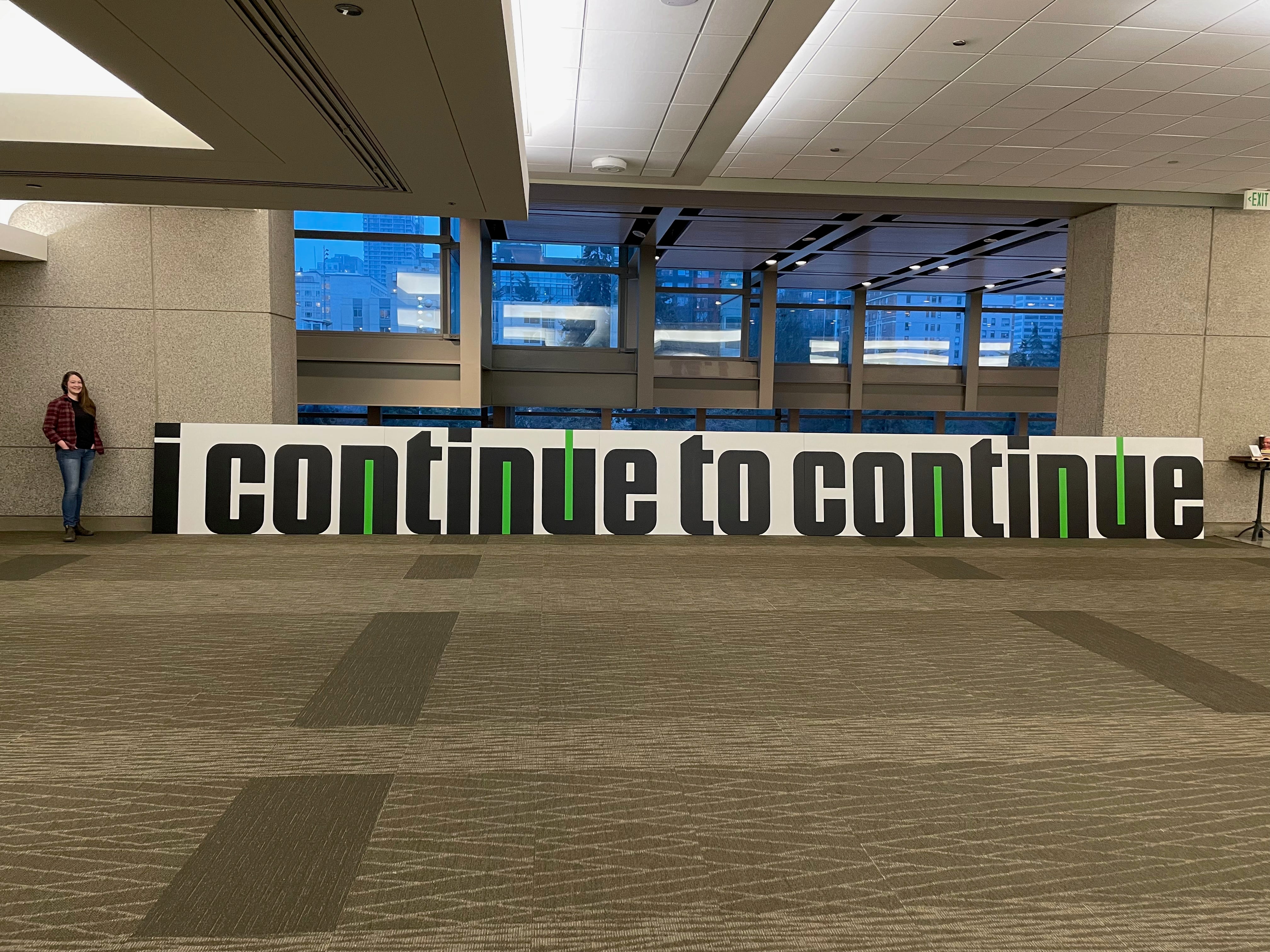Poems Not Bombs: “We Lived Happily during the War” by Ilya Kaminsky
Thoughts behind the original letterpress Ilya Kaminsky poetry broadside of the poem “We Lived Happily during the War” from Deaf Republic, Graywolf Press.
//
We Lived Happily during the War
And when they bombed other people's houses, we
protested
but not enough, we opposed them but not
enough. I was
in my bed, around my bed America
was falling: invisible house by invisible house by invisible house—
I took a chair outside and watched the sun.
In the sixth month
of a disastrous reign in the house of money
in the street of money in the city of money in the country of money,
our great country of money, we (forgive us)
lived happily during the war.
Ilya Kaminsky
//
I first read this poem when Deaf Republic came out in 2019. I don’t remember how the book found my hands but I do remember the sucker punch I felt at the beginning and end of this poem. A masterful string of six words that nail down an impossible-to-reconcile contradiction.
The whole book gave me a blown open feeling, both in my heart and my mind. I had never — and still haven’t — encountered a poetry book quite like it. It’s a series of poems, yes, but within the structure of a play. A town is besieged, a deaf boy is shot, the villagers create their own sign language in protest. For me this book operates similarly to reading works in translation: it gives a window into other ways of seeing, other ways of being. In this instance, other ways of hearing, listening, communicating, speaking and not speaking. The question of silence, and what that is to someone who’s ears don’t register sound in the way that I take for granted.
There is a strong sense of community that builds through the book. It is a beautiful portrait of how people hold grief both together and apart, the way terror can unite.
I don’t remember the war I was concerned about in the moment I first read this poem. I know that I thought of it immediately when Russia invaded Ukraine, Ilya’s home country, in Feb 2022. I helped organize an international protest poster project at that time with Letterpress United. The call was simple: print “No to War” in your own language, in black and white. Submissions flooded in. Italian, Norwegian, Spanish, Arabic, Maori, English, Russian, Morse Code, Danish, Dutch, Finnish, French, German, Portuguese, Romanian, Esperanto, Greek, Polish, Scottish, Slovakian. An incredible show of solidarity that was powerful to see.
Today, and this whole year and before, too, this poem of Ilya’s also makes me think of Palestine. Of every person barely living and sudden dying in the ongoing genocide there. My country, the United States, has been at war since we were founded. Yes, there are bigger ones that get more attention, but the occupation of foreign places and the support of governments creating conflict is continuous. It’s a way of being American that I’ve felt ashamed about since I was 16 and watched my country drop the first bombs on Iraq. I was standing in a roomful of international exchange students, of whom I was one, at a hotel in Cuenca, Ecuador. I remember the dark screen of the newscast and the flashing lights of the explosions and the mix of helplessness, fear, shame, and confusion at my inextricable connection with so much killing.
Recent reprint of another aching poem of this moment, “We Love What We Have” by Gazan poet Mosab Abu Toha. Unfortunately popular, keeping our presses busy.
For years after that I traveled with a Canadian flag patch on my backpack and ducked a lot of uncomfortable conversations and angry accusations. I’ve lived and worked in many international contexts and I always feel shame connected to my country of origin. I am hypersensitive to all the ugly stereotypes associated. Over the years my avoidance shifted to a fierce commitment to showing up American in a different way, opposing all the usual associations. Representing my home, my community, the people who taught me to be kind, to be respectful, to care for your neighbors and look out for those with less. I am from a beautiful place, blessed with the best humanity can offer. And yet we don’t escape the worst. Ever.
Ilya’s poem helps me hold this contradiction. It gives voice to the fear, the guilt, the confusion that I still hold the same as my teenage self. And it gives me a hint of how to continue, there in the middle of the poem, in the middle of the bombing and falling and war-mongering and money-grabbing: “I took a chair outside and watched the sun.”
Some days that’s what I can do. Go outside, see the sun. Other days I make art. Every day I try to remember to say I love you to everyone I encounter for who that’s true. Today, I offer you up a broadside of “We Lived Happily during the War,” and will donate 50% of sales for the month of October to Poems Not Bombs, a nonprofit in Odesa, Ukraine, that Ilya helped found. They teach youth poetry workshops during air raids when folks are sheltering in place. As always, I encourage direct donations to the organization as well / instead if you are so moved.
With an aching heart for all unsheltered and at war, I invite you to take a chair outside with me. To hold your happily tenderly. To turn its light to those in need.
//
Credits
The poem "We Lived Happily during the War," is from the book Deaf Republic, Graywolf Press. Copyright 2019 Ilya Kaminsky. Used by permission.







